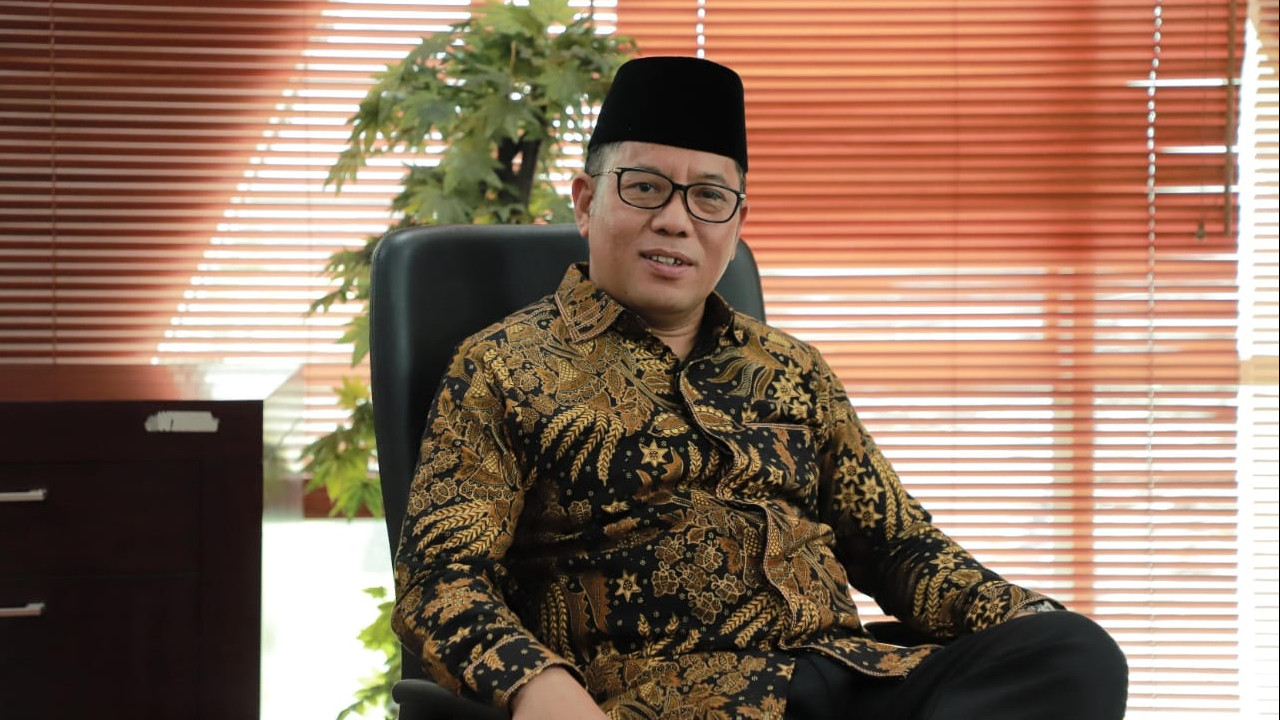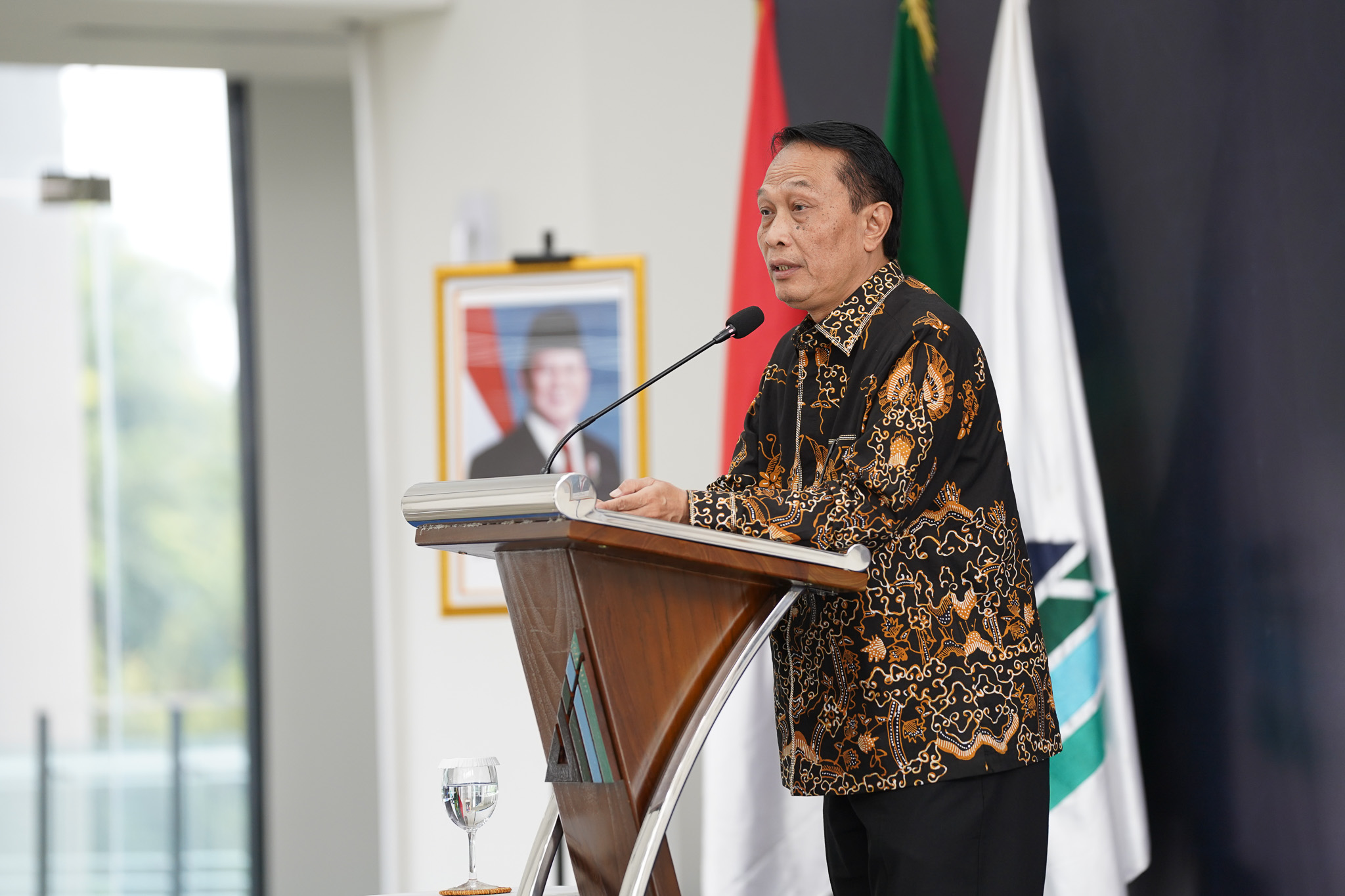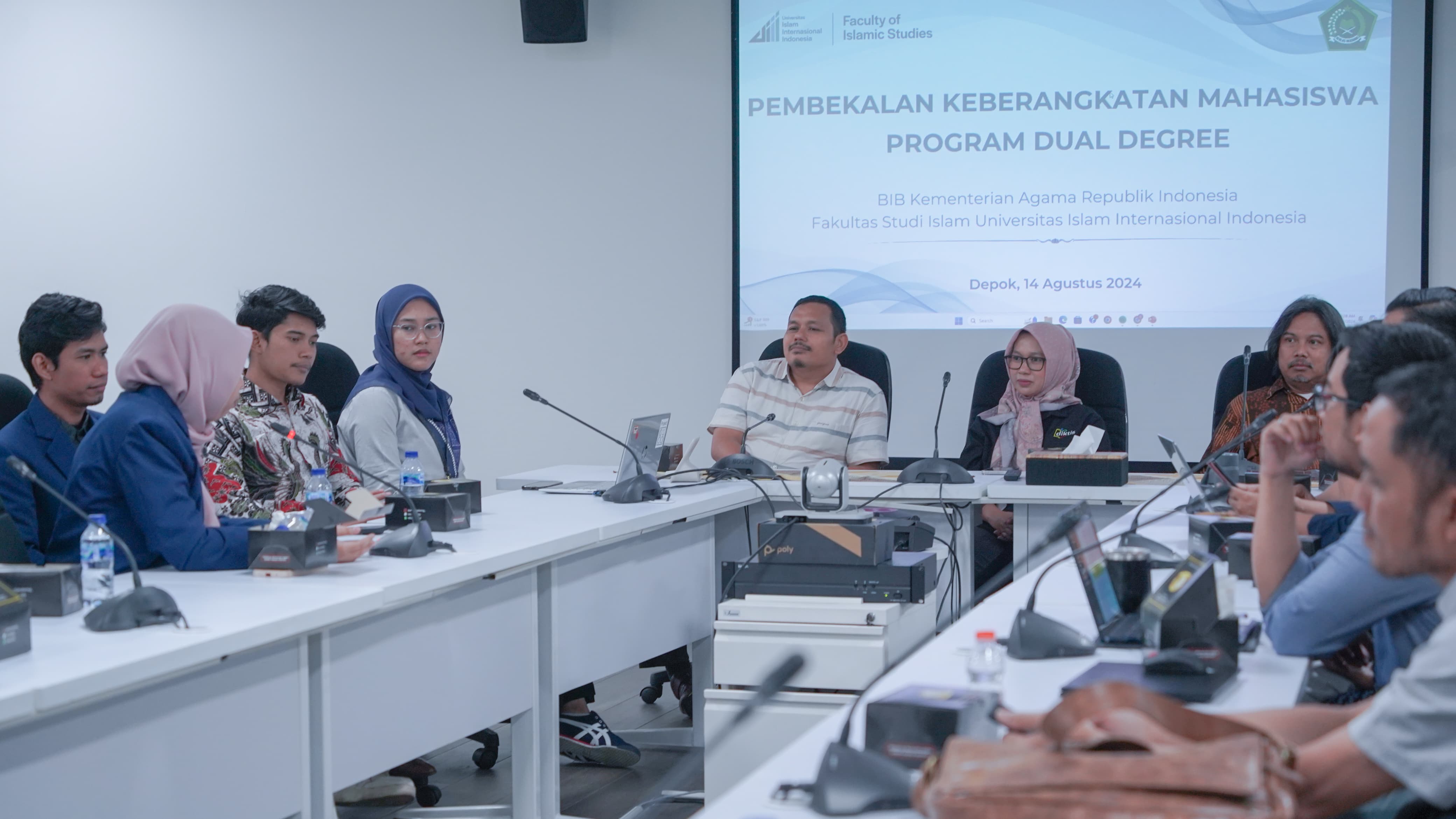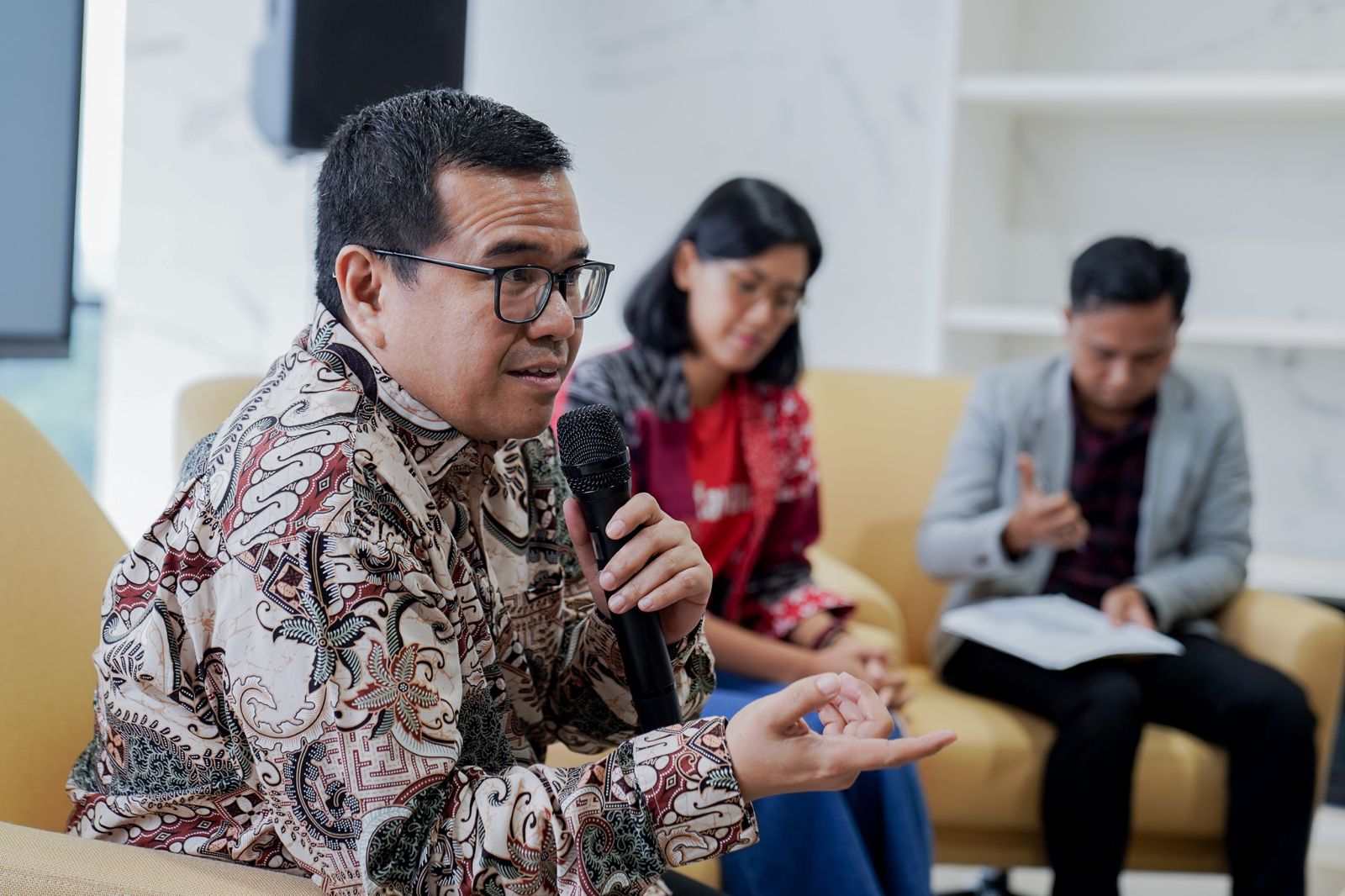Indonesia’s Ministry of Religious Affairs and One Million Trees Program for Earth Day
April 15, 2025By Dadi Darmadi | Photo: Kemenag (Rikie Andriyawan)

JAKARTA, April 15, 2025 — In a Jakarta auditorium aglow with morning light, Prof. Dr. Kamaruddin Amin, secretary general of Indonesia’s Ministry of Religious Affairs, addressed a crowd celebrating Halalbihalal, the joyful gathering after Ramadan. His words carried an urgent vision beyond faith: on April 22, 2025, for Earth Day, the ministry will plant one million trees across Indonesia’s vast archipelago.
Announced on April 9, the initiative is no mere gesture. It anchors the ministry’s “Ecotheology” program, one of eight priorities under its Asta Protas framework unveiled earlier this year. Ecotheology blends religious teachings with environmental care, framing stewardship of the Earth as a sacred duty.
“This is about preserving our planet for generations to come,” Mr. Kamaruddin said, his voice resolute.
The plan echoes the roots of Earth Day, born in 1970 when Gaylord Nelson, a Wisconsin senator, rallied millions after a 1969 oil spill ravaged California’s Santa Barbara coast, choking beaches and wildlife in black sludge. Now marked in nearly 200 nations, Earth Day underscores humanity’s delicate tie to the planet—a bond Indonesia knows well.
Home to over 270 million people across 17,000 islands, Indonesia grapples with deforestation, rising seas, and urban smog, its rich biodiversity under strain. The ministry’s campaign seeks to counter these threats, uniting communities in a shared mission.
Mr. Kamaruddin sees the effort rippling beyond Indonesia. “This is our amanah, our sacred trust,” he said, invoking an Arabic term for responsibility. “These trees are for the world, not just us.”
As Earth Day nears, preparations hum across Indonesia. Villages sort saplings, cities test soil, and mosques offer prayers. On April 22, one million trees will begin to grow—a quiet, hopeful stand against a warming world.
- Islam and National Identity: Dr. Andar Nubowo on Indonesia’s Moderate Islamic Framework
- Green Ramadan: A Sustainable Initiative in the Sacred Month
- Prof. Dr. Phil. Sahiron: Bridging Classical and Contemporary Quranic Studies
- Joel N. Lohr on Indonesia, Higher Education, and Intercultural Dialogue
- Prof. Sahiron Syamsuddin Affirms Ministry’s Support for UIII-Al Azhar Partnership
- 'Indonesia Has Strong Commitment to Islamic Knowledge': Al-Azhar Rector at UIII
- A Green Awakening: How Indonesia’s Muslim Communities Are Leading the Charge for Sustainability
- Is ‘Trump Effect’ Impacting Indonesia’s Investment?
- Balancing Profit and Sustainability: Can ‘Impact Investing’ Be the Solution?
- ‘Tri Dharma’ No Longer Enough: Here’s the Fourth Pillar Universities Must Have


